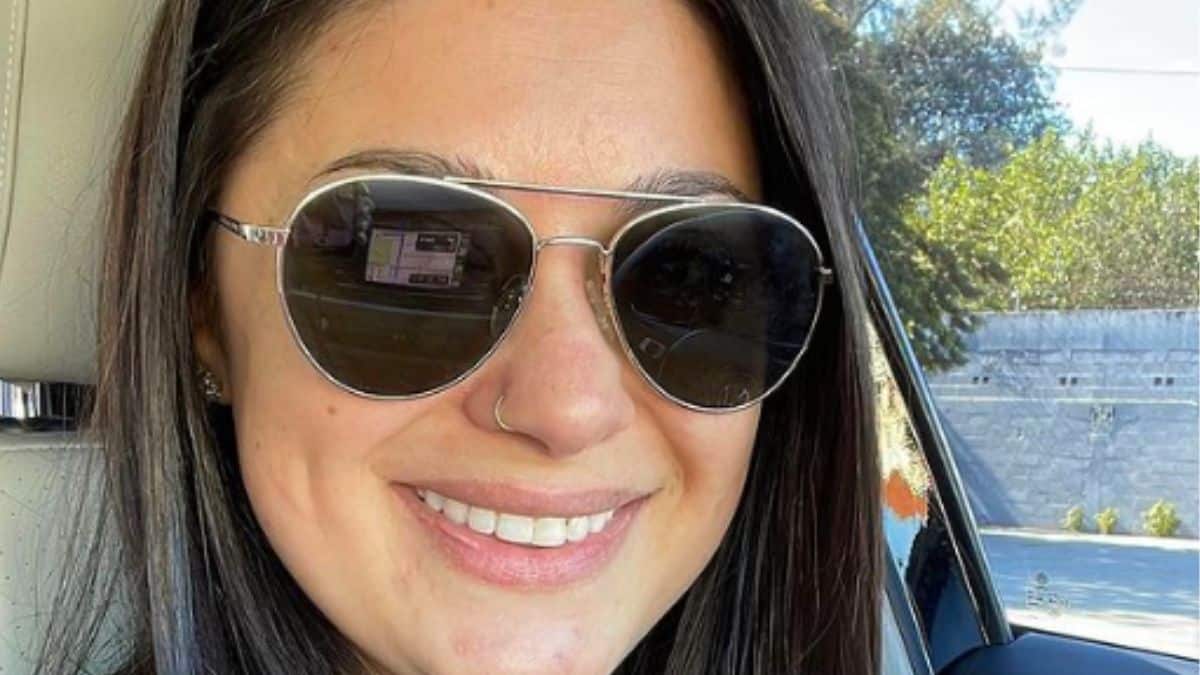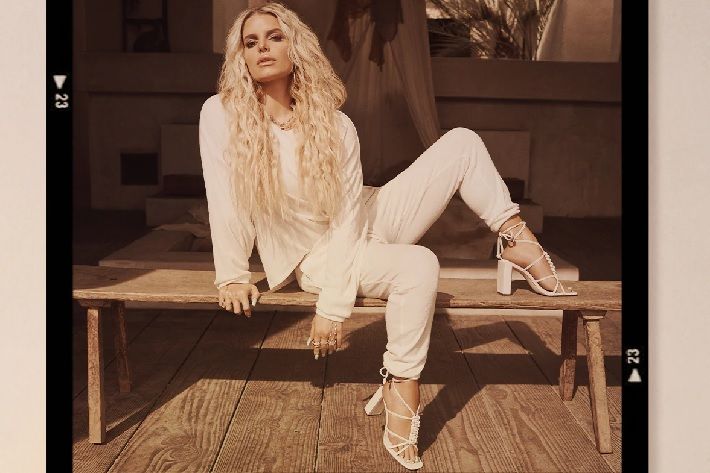The movie centers around the daily activities of a group of friends that include Charlie (Keitel), a solemn, tortured Catholic who is seen as being the most “responsible” of the group; Tony (David Proval), a likable tough guy who runs the neighborhood bar where everyone congregates; Michael (Richard Romanus), a very, very small-time loan shark; Johnny Boy (Robert DeNiro), the neighborhood screw-up who specializes in causing trouble. These characters are locked in a dance that consists of carousing, killing time, and coming up with scams as a way to eke out a living. Their lives are overseen by the neighborhood Don, Charlie’s Uncle Giovanni (Cesare Danova), a dull man who views loyalty as being obedient and invisible. In the case of Charlie, this means stringing him along with vague promises of setting him up in the restaurant business. Charlie needs to distance himself from his friends—especially Johnny Boy (who is named after Giovanni) and Johnny’s cousin (and Charlie’s secret girlfriend) Teresa (Amy Robinson), who Giovanni thinks is “sick in the head” but is actually suffering from epilepsy.
These events occur in the bars, basement pool halls, and cramped apartments of Little Italy. Early on, an extended sequence at Tony’s bar hints at the movie’s hypnotic power. The camera glides past the patrons at the bar to focus on Charlie as he dances around the room, ending up on stage with a go-go dancer. He seems to be in a trance as we realize this is his nightly ritual. (The vividly rich cinematography by Kent Wakeford gives the images a fiery glow.) The trance is broken when Michael shows up looking for Johnny Boy, who is late on his weekly payments. The sequence is scored to The Rolling Stones’ first original single, “Tell Me,” a melancholy mid-tempo pop song about a guy still mourning a recent break-up. I use the word “score” deliberately because Scorsese uses pop music as both score and mood-enhancers within a scene. Acting as de facto Music Supervisor, producer Jonathan Taplin secured the rights to songs that included classic R&B vocal groups (The Nutmegs), British Invasion blues rockers (John Mayall, CREAM), and girl-group love songs (The Shirelles, The Paragons). There are many instances where songs start as the score only to be revealed as playing on a jukebox or radio within a scene. Or vice versa.
There’s a sequence where Charlie and his friends go to a pool hall to clear up a matter regarding some money. When they enter, Little Caesar and the Romans’ “Those Oldies but Goodies” is playing on the jukebox. Then, The Marvelettes’ “Please Mr. Postman” starts to play. Johnny Boy aggravates an already tense moment by saying the quiet part out loud. The volume of the song rises as a clumsily comic brawl ensues. The characters look more like kids wrestling on a playground as if they don’t want to get their suits ruffled. Later, there’s a moment when Charlie walks through a restaurant kitchen and sees a flame on a stove. He is a devout Catholic who constantly seeks ways to redeem himself. (In the movie’s opening spoken narration, we hear, “You don’t make up for your sins in the church. You do it at home, do it in the streets…”) He believes in the literal flames of Hell. When Charlie puts his hand over the flame, Betty Everett’s “The Shoop Shoop Song” floods the soundtrack. Then, the moment cuts to Charlie in his apartment, where the song can be heard on the radio.
























































![Key Metrics for Social Media Marketing [Infographic] Key Metrics for Social Media Marketing [Infographic]](https://www.socialmediatoday.com/imgproxy/nP1lliSbrTbUmhFV6RdAz9qJZFvsstq3IG6orLUMMls/g:ce/rs:fit:770:435/bG9jYWw6Ly8vZGl2ZWltYWdlL3NvY2lhbF9tZWRpYV9yb2lfaW5vZ3JhcGhpYzIucG5n.webp)
















